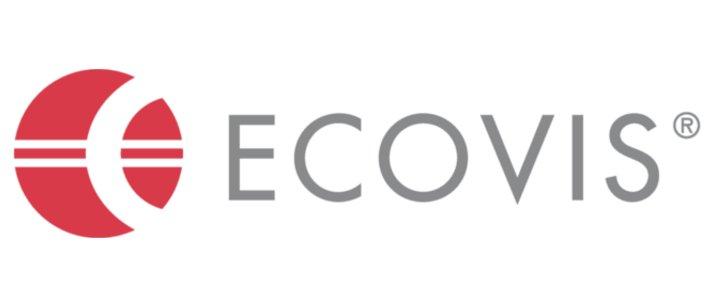How to avoid the characteristic of over-indebtedness under insolvency law
The characteristic of over-indebtedness under insolvency law can be avoided if the company has a ‘positive continuation prognosis’, i.e., it can demonstrate that it is in a position to meet all due liabilities within a certain period of time and that the situation will improve in the future, as long as it is “viable”, explain the advisers. Another means of eliminating over-indebtedness under insolvency law is to declare a qualified subordination on things such as shareholder loans. Only then can a shareholder loan be treated as equity in the insolvency balance sheet in order to eliminate over-indebtedness. Under commercial and tax law, however, it remains debt capital.
From a tax point of view, however, the declaration of the subordination is decisive (Sec. 5 par. 2a German Income Tax Law), otherwise the loan would only be dissolved in the tax balance sheet with an effect on taxable income, and taxes could be triggered which could make the company’s situation even worse.
Polish law also only covers shareholder loans indirectly
Polish law also does not cover shareholder loans directly. Certain provisions of Polish law refer to subordinated loans with respect to banks and financial institutions, but, as the Polish Ecovis advisers know, the most important rules are included in the Bankruptcy Law.
According to Article 11 item 2 of the Bankruptcy Law, a debtor that is a legal entity is considered insolvent when its financial obligations exceed the value of its assets, and this state persists throughout a period exceeding twenty-four months. The debtor’s financial obligations are presumed to exceed the value of its assets where the balance sheet shows that the debtor’s liabilities, exclusive of reserves established to cover liabilities and of liabilities to related entities, exceed the value of the its assets.
Therefore, even if a company is able to meet its ongoing financial obligations, taking out loans can be a legal reason for declaring bankruptcy where the value of the loans exceeds the value of the company’s assets.
In the case of shareholder loans, the law sets out an exception to the rules mentioned above, as the financial obligations do not include liabilities to a partner or a shareholder arising under a loan or another act in law with similar effect. Therefore, a loan from a shareholder, even if it influences the company’s balance sheet and may even lead to negative equity, is not considered legal grounds for declaring bankruptcy, explain the Ecovis experts.
Shareholder loans are subject to satisfaction from the funds of the bankruptcy estate in the last category. They have the lowest priority and the funds will be repaid to the shareholder only after all other creditors have been paid back.
This comparison shows that even in the case of neighbouring countries which share many aspects of legal culture, tailored advice from an expert is needed in order to avoid unnecessary risk or liability.
For further information please contact:
Piotr Pruś, Attorney-at-law, Partner, ECOVIS Legal Poland Pruś and Partners Law Firm, Warszawa, Poland
Email: piotr.prus@ecovis.pl
Marcus Büscher, Partner, Lawyer, ECOVIS KSO, Düsseldorf, Germany
Email: marcus.buescher@ecovis.com
Matthias Meyer, Partner, Tax Advisor, ECOVIS KSO, Düsseldorf, Germany
Email: Matthias.meyer@ecovis.com
Ecovis is a leading global consulting firm with its origins in Continental Europe. It has almost 8,500 people operating in nearly 80 countries. Its consulting focus and core competencies lie in the areas of tax consultation, accounting, auditing and legal advice.
The particular strength of Ecovis is the combination of personal advice at a local level with the general expertise of an international and interdisciplinary network of professionals. Every Ecovis office can rely on qualified specialists in the back offices as well as on the specific industrial or national know-how of all the Ecovis experts worldwide. This diversified expertise provides clients with effective support, especially in the fields of international transactions and investments – from preparation in the client’s home country to support in the target country.
In its consulting work Ecovis concentrates mainly on mid-sized firms. Both nationally and internationally, its one-stop-shop concept ensures all-round support in legal, fiscal, managerial and administrative issues.
The name Ecovis, a combination of the terms economy and vision, expresses both its international character and its focus on the future and growth.
ECOVIS AG Steuerberatungsgesellschaft
Ernst-Reuter-Platz 10
10587 Berlin
Telefon: +49 89 5898-266
Telefax: +49 (30) 310008556
http://www.ecovis.com
ECOVIS AG Steuerberatungsgesellschaft*
Telefon: +49 (89) 5898-266
E-Mail: gudrun.bergdolt@ecovis.com
![]()

